Charlotte Willis discusses the pros and cons of taking on a detox…
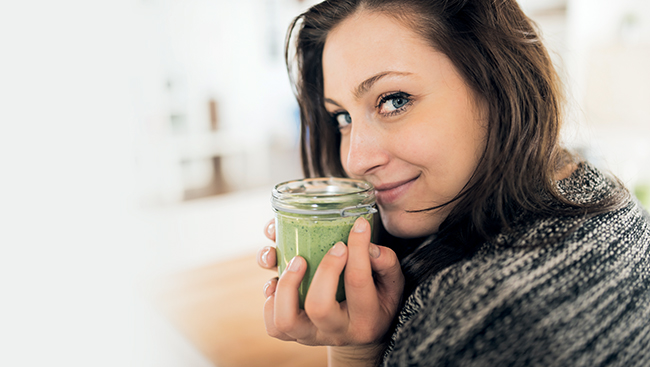
Digestion. The long-winded, complex, chemistry-based biochemical 24-hour process that we all inherently undergo day after day, year after year without conscious effort. The absorption of our food and drink (which ultimately provides us with energy and nourishment) is a progressive multi-stage process not to be underestimated nor its complexity taken for granted. Is it any surprise then that around 80% of us experience some sort of disturbance during digestion on an all too regular basis, with symptoms ranging from embarrassing, discomforting and annoying to downright painful, agonising and debilitating. With over 100 different digestive disorders and diseases recognised in medical diagnostic journals, perhaps this exact reason has lead you to pick up a copy of our magazine, in search of a solution to digestive difficulties from a free-from lifestyle. Just with all bodily malfunctions, we are desperately in search of a fix, an antidote that will rid us of our woes.
What if I told you, a la Alice in Wonderland, there was an ominous looking potion labelled ‘Drink me’ that could offer you a simple one-shot-cures-all cleansing solution to your every digestive need. The benefits of which are only anecdotally tested. The side effects, not fully explored. The risk to your health, uncertain. Welcome to the curiouser and curiouser world of detoxes. Allow me to guide you through the rabbit hole…
Toxins… What the?
Never before have I seen such a bamboozling array of products claiming to be the latest answer to every gastric issue you could ever have dreamed of (and maybe even some that you never knew you had, until now!). Marketing pills and potions at everyone and anyone whose aim it may be to shift a few pounds, beat the bloat, turn the stop valve on their leaky-gut issues and, well, quite literally flush themselves out. Teas and tablets, diets that exclude all food and nourishment except in the form of liquidised greens (aka baby food), desperate souls surviving only on soup. I’ve seen and heard it all. ‘Sigh’. I don’t know about you, but any form of dietary programme that excludes my daily fix of chewable food items is a no go. But there’s got to be something beneficial about these diets, right?
The main guise behind such extreme periods of restriction is thus: the promise of toxin expulsion. So before we launch into our investigation, you may be asking yourself what the juice is a toxin? Allow scientific dictionary Merriam-Webster to enlighten you: “A poisonous substance that is a specific product of the metabolic activities of a living organism and is usually very unstable, notably toxic when introduced into the tissues, and typically capable of inducing antibody formation.” In other words, toxins aren’t something you want in your body. Seems simple enough, just don’t consume them in the first place. Not quite.
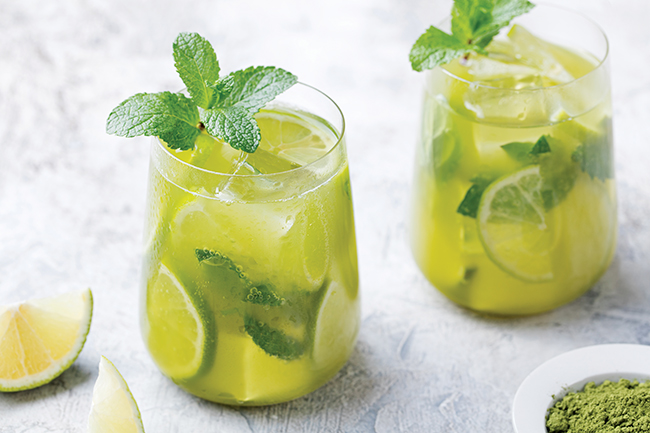
Turns out, you can’t escape. Not even the most health-concerned of folk, immaculate diet and regular exercise programme included, would be able to avoid some of the most common environmental pollutants found lurking in aspects of our daily lives. Air pollution, cosmetic products, harmful components such as pesticide residues found in the foods we eat, chemical components in everything from commonly used plastics and man-made fibres to cleaning products, second-hand smoke fumes, even the sun’s UV rays – our bodies are under constant attack every day. What’s more, we produce toxins from our own bodily biochemical reactions. Picture our bodies as one big test tube. This chemical mixture is filled with enzymes and molecules which come together to create sparks and explosions, building up and breaking down continuously. We are constantly producing waste products from our everyday functioning, which our bodies find ways to expel and process. Couple this with the added stress we encounter in our everyday lives, plus the strain we put ourselves under when we exercise, and it’s no wonder that sometimes our bodies may become overwhelmed with toxic by-products.
Free those radicals
Your body is adapted naturally to purge itself of harmful toxins and by-products. Some are filtered out of our blood by the liver, ready for excretion. Others are subsequently manufactured into compounds curiously known as ‘free radicals’ and, when left to their own devices, these free radicals cause havoc inside our cells. They actively seek out stabilisation by altering the biochemistry of our DNA, proteins and lipids (constituent elements of cells), and by doing so, ultimately affect their functionality. It’s when these toxins begin to accumulate in the body that they begin to slow your body down and build-up inside our cells, impacting on their ability to serve their purpose on a metabolic level.
The symptoms of excessive toxicity vary from person to person. Commonly occurring symptoms include chronic or reoccurring infections, inflammation of glands, newly developing allergies, skin conditions such as psoriasis and eczema, intolerances to specific foods or food groups and elevated liver enzyme levels. All these can cause digestive complaints such as constipation, bloating, gas and nausea.
Does what it says on the tin?
With all this being said, there seems good reasoning behind the need for us to rid our bodies of such destructive matter. And heaven knows there is a plethora of methods available for you to experiment with in order to help you along your pathway to purity. Delivering as much as they promise?
In order for a detoxing programme to work it needs to contain nutritional elements that have been proven to help aid the body to expel all things harmful. The programme should also enable the body to enter a state of homeostatic, anabolic repair, empowering a zen-like calm to overpower the turbulence of normal biological reactions. Much like an internal spa retreat in Maui, holistically restorative and calming your body from the inside.
Could it be that detoxing programmes of late are the modern-day equivalent to a package holiday? Looks promising from the brochure, seemingly covers all the bases and you anticipate to leave feeling revived and replenished. When in reality you end up with a budget hotel, a dodgy stomach and a sense that you’ve been royally ripped off.
Tea-Toxing
The good
Certain herbal elements of teas can reap enormous bodily benefits. Synonymous with antioxidant and detoxing properties, green and white teas in particular are packed with polyphenols, catechins and flavonoids which have all been actively proven to supercharge your cellular detoxification processes. Artichoke, fennel and senna teas are also extremely popular choices. These have incredible healing powers on the kidney and liver – helping to aid digestion by reducing gastric build-up and aiding the production of bile acids from the gall bladder.
The BAD
Contrary to popular belief, laxative inducing teas have an extremely profound negative effect upon the digestive tract. Despite their popularity, teas with a strong intestinal stimulation have potentially counter-productive side effects. By first reducing gastric build-up, you may find latterly you will develop irritation in the bowels, leading to inflammation (bloating) and excessive gas build up as your bacteria make attempts to rebalance the sudden flush from your system.
Nothing but the juice
The good
The latest and greatest craze to sweep through my blogger-sphere has, without a doubt, been the juice fast cleanse. Extracting the juice from fruits and veggies can have wonderful health-boosting benefits; namely, the plethora of water-soluble vitamins, minerals and phytonutrients held within the skin and flesh, which become the most bioavailable when extracted in this way. Juicing is a quick and easy way to help boost your health, and can be used to enhance the immune system, heart health, ease digestive discomfort or be tailor made to your individual requirements.
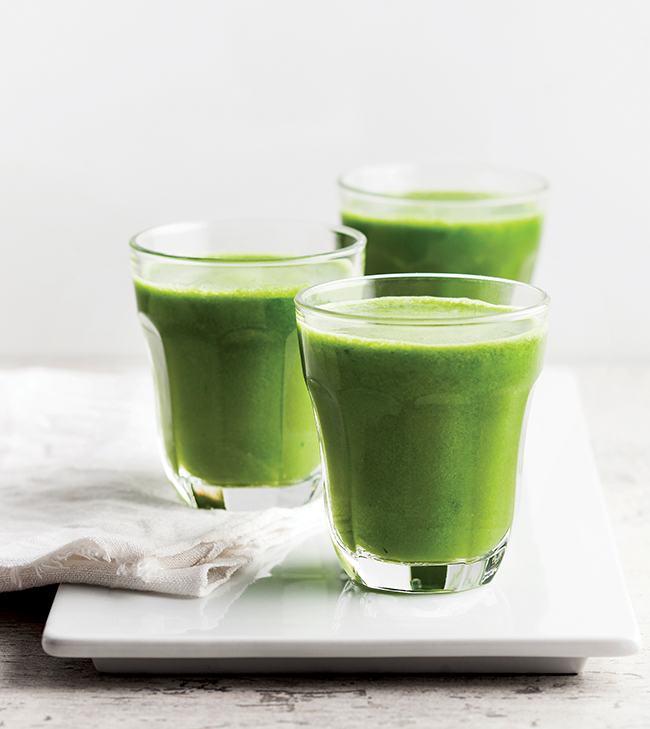
The BAD
Prolonged periods of juice-fasting (over 5+) days is not something I would recommend. A lack of naturally occurring fibre in the diet can result in blood sugar imbalances, as your body is flooded with a glucose/fructose rich juice solution every few hours, and no fibrous foods to reduce this surge will ultimately send your body’s insulin response into overdrive. Not something for the diabetic, those who are liable to fatigue or indeed those who enjoy chewing food! Be sure to include a good and regular source of wholefoods to prevent lethargy.
Nature’s Answer
Maybe after all you’ve decided the ominous potion wasn’t for you. Perhaps the white rabbit you were intending to follow has run himself into a rather sticky looking ditch. Well, if like me, you struggle to go a day without the consumption of peanut butter and dark chocolate, you may be wondering if you’d be so lucky as to get all your antioxidant and detoxifying ingredients in, without the need to go to any extremes in your diet. Luckily, the simple addition of a few ingredients into your daily diet can be just as effective as one week’s worth of super-cleansing.
FLAXSEEDS
These have a natural anti-inflammatory effect upon the body, and release a digestive-aiding gelatinous substance, proven to help ease gut transit – they’re bloat-beating and full of healthy essential fatty acids.
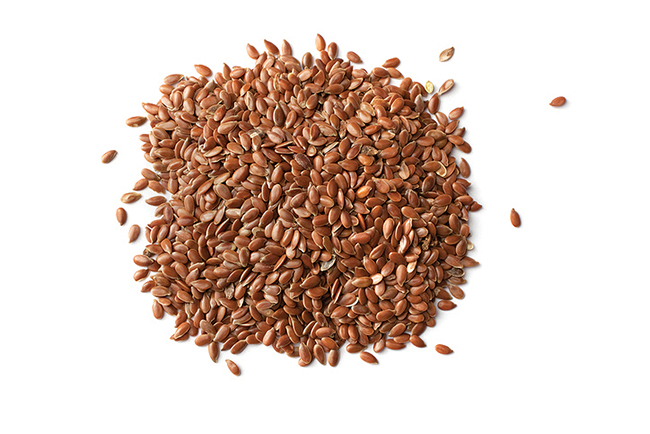
TURMERIC
Turmeric is one of the most potent sources of natural antioxidants known. This pungent yellow powder or fresh root contains curcumin, which has been scientifically proven to fight disease, inflammation, and aid in liver functioning.
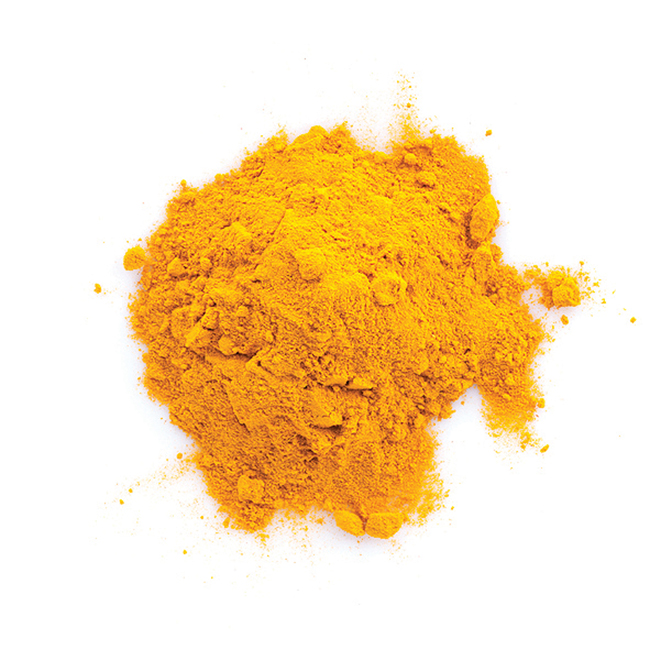
BERRIES
The blacker the berry, the better the health! Blackberries, blueberries and blackcurrants all pack a hefty punch of anthocyanins and antioxidants aiding skin clarity, brain health and blood purity.
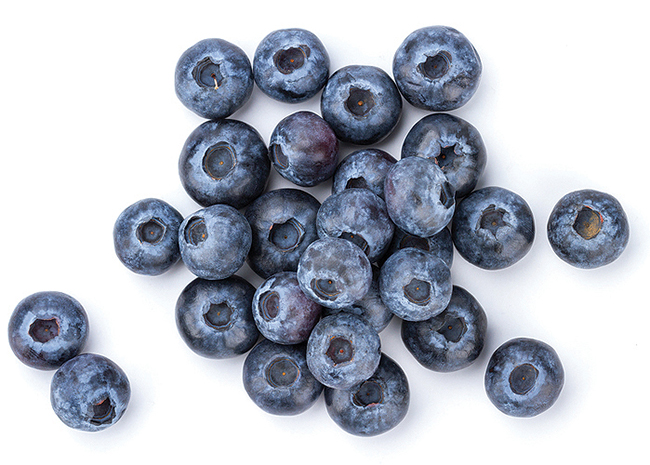
LEAFY GREENS
Kale, cabbage, chard, spinach, watercress… whichever your green of choice, the more you eat, the more your body will thank you. Leafy greens are rich in folates and chlorophyll, proven to boost antioxidant action. They are also a fabulous source of both insoluble and soluble fibre, to regulate the colon.
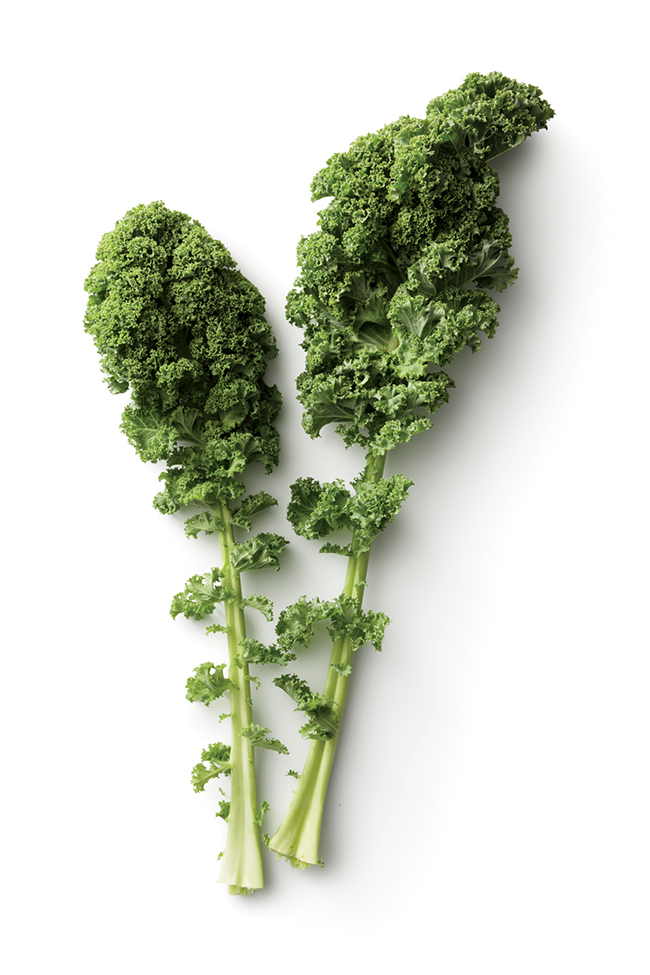
GOOD GRAINS
Grains get a bad rep, especially when it comes to bloating. Unless you are gluten sensitive, grains are actually a pretty effective way to manage digestive difficulties. Grains including organic quinoa, black rice and buckwheat are a rich source of fibre, aiding digestive fermentation by your healthy bacteria. Two portions of grain per day can increase digestive regularity and help keep that bloat at bay.
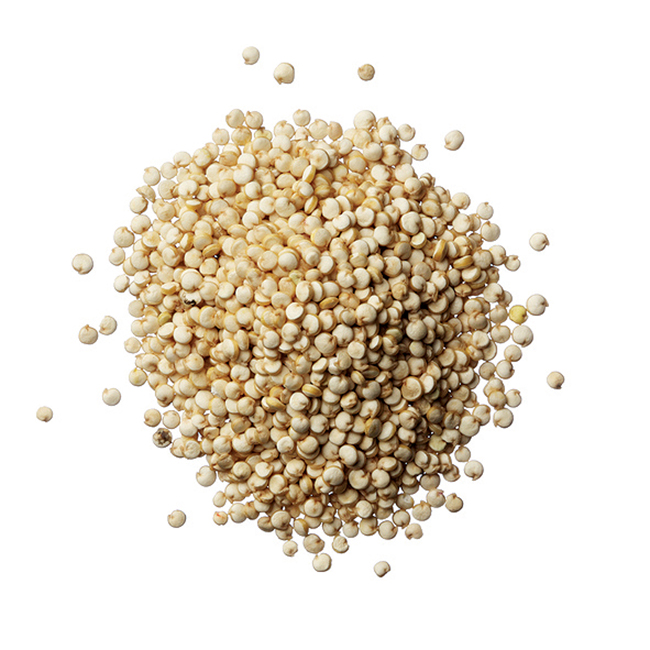
 Charlotte Willis is a student researcher of nutrition and human disease. Studying to become a Doctor of Human Nutrition, she is particularly interested in wholefood, plant-based nutrition and healthful lifestyle intervention in the prevention and reversal of chronic human diseases.
Charlotte Willis is a student researcher of nutrition and human disease. Studying to become a Doctor of Human Nutrition, she is particularly interested in wholefood, plant-based nutrition and healthful lifestyle intervention in the prevention and reversal of chronic human diseases.
